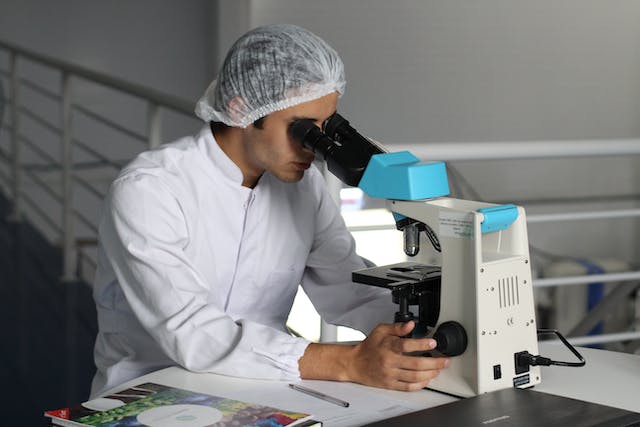A recent study reveals that while genetics can influence learning ability positively, they can also have negative effects. Neuroscientists have identified the gene KDM5B, which directly affects learning and memory and is associated with intellectual disorders like autism.
Mutation of KDM5B gene affects learning and memory skills
The KDM5B gene has long been associated with autism and intellectual disability, but its exact role remains unclear. Albert Basson, a professor at the University of Exeter, highlights the need for further study, as mutations in this gene may not solely account for these conditions.
The study in the Journal of Neuroscience suggests that variations in the KDM5B gene can lead to diminished brain function, impacting the brain’s ability to strengthen neuron connections crucial for memory formation. While this gene variation doesn’t necessarily result in behavioral symptoms or intellectual disability, research on mice highlights its effects on brain connectivity.
Mice lacking a fully functional KDM5B gene showed diminished learning and memory skills, confirmed by experiments where adult mice had reduced KDM5B gene expression in the hippocampus, a brain region vital for memory. Some mice experienced epileptic seizures, and overall, their learning and memory abilities deteriorated notably. Laboratory tests suggested weakened neuronal connections during memory formation in these mice.
Basson said that the study demonstrated KDM5B’s importance in learning and memory and also provided insight into the tenets of memory and learning, which is important in the journey to establishing new ways of improving the functions.
KDM5B gene alters genetic material responsible for brain development
The KDM5B gene alters cell genetic material, hindering neurons in determining gene expression crucial for brain development. This discovery may aid autism and intellectual disorder research, potentially leading to effective treatments.
The study led by Leticia Peres-Sisquez from King’s College London finds that a specific gene Leticia Peres-Sisquez, a co-author of the study and a researcher at King’s College London, has determined that the gene influences learning and memory directly, independent of its role in brain development. This finding enhances the significance of the gene for researchers exploring novel therapies for conditions such as autism and various intellectual disabilities.


